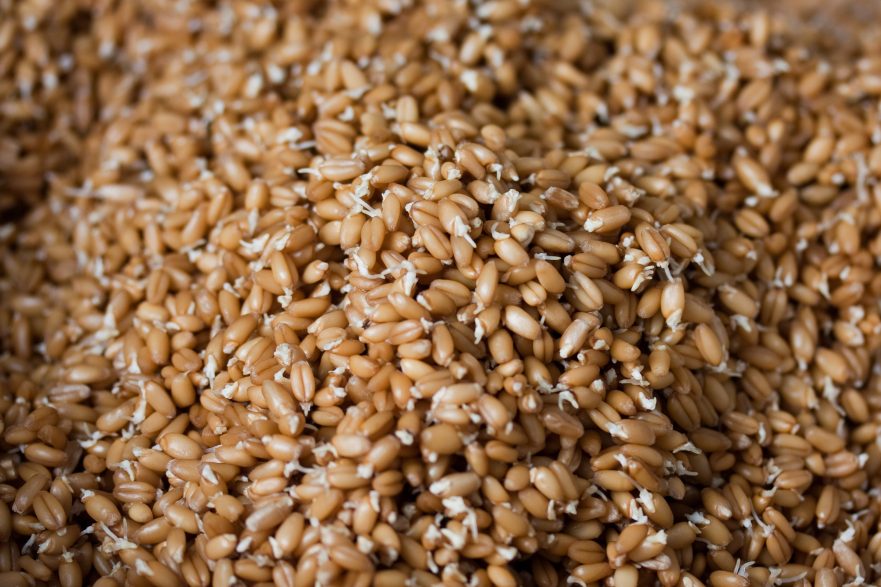Is the Darnel Among the Wheat parable an allegory about eschatological events, or a lesson about God’s character?
LOY Excursus: Synoptic Fidelity to the Anthology
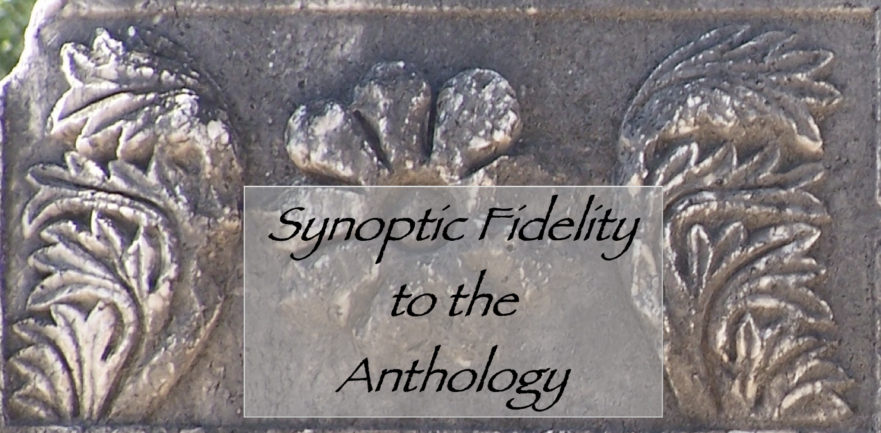
How closely does a pericope reproduce the pre-synoptic source that stands behind Matthew, Mark, and Luke?
A Woman’s Misplaced Blessing
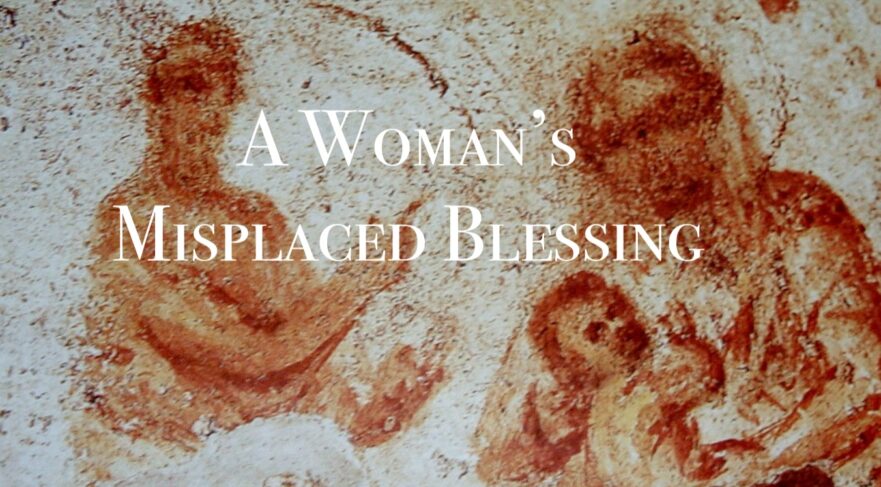
When a woman in the crowd praised Jesus’ person, he redirected her attention to the Kingdom of Heaven, which is realized through the doing of God’s word.
Yeshua, His Mother and Brothers
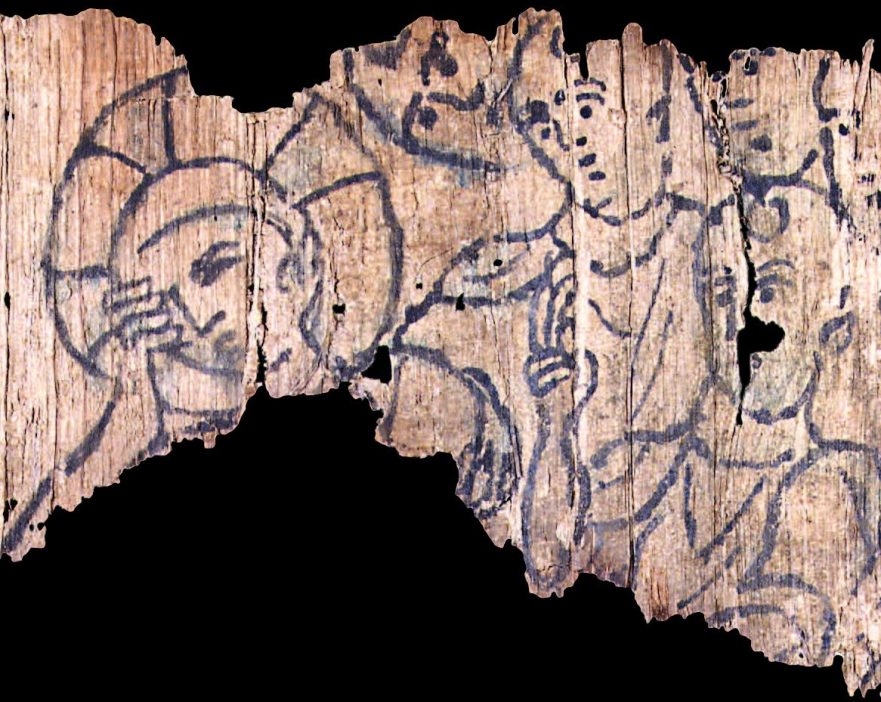
Did Jesus reject his natural family in favor of a spiritual kinship, or did he pay Mary and his brothers the highest possible compliment?
Four Soils Interpretation
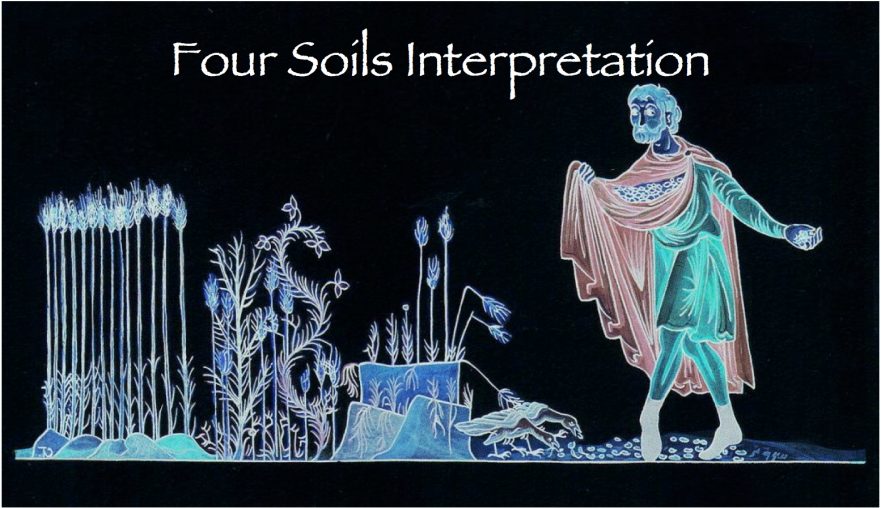
In the Four Soils interpretation Jesus explained the meaning of the imagery in the Four Soils parable.
LOY Excursus: The Genitive Absolute in the Synoptic Gospels
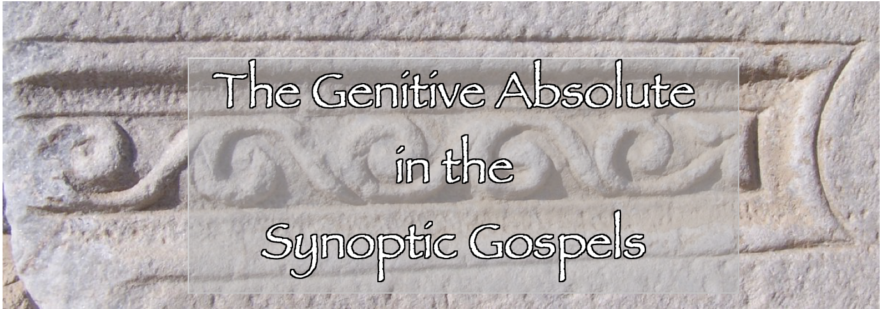
What can the distribution of genitive absolute constructions in the Gospels of Matthew, Mark and Luke tell us about the origins of the Synoptic Gospels?
Four Soils Parable
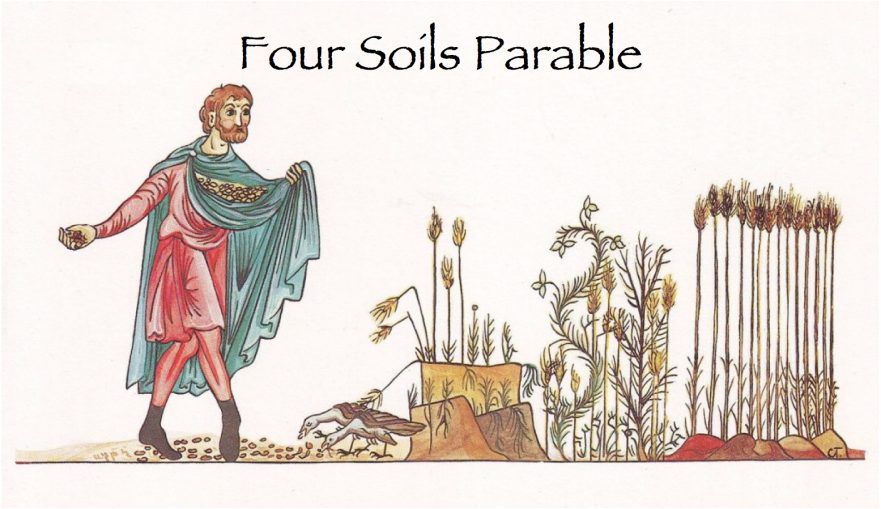
By not revealing what the Four Soils parable was about until its dramatic conclusion Jesus drew in his audience and held their attention, making them the very thing the parable urged them to be: good listeners.
“Four Types of Hearers” complex

Read the Four Soils parable in what may have been its original literary context.
Mustard Seed and Starter Dough Parables
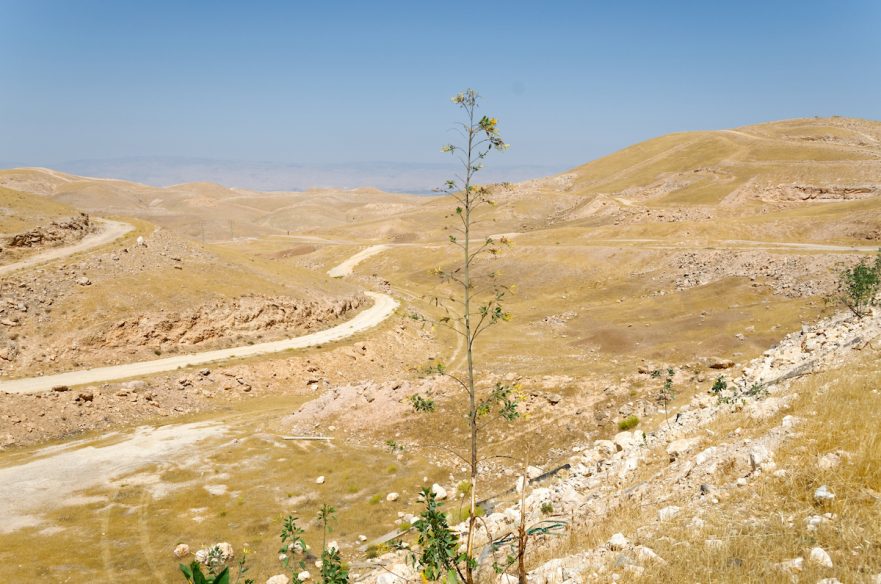
Jesus used the Mustard Seed and Starter Dough parables to demonstrate that the Kingdom of Heaven is a living and active presence that is increasing within the realm of human experience.
The Kingdom of Heaven Is Increasing
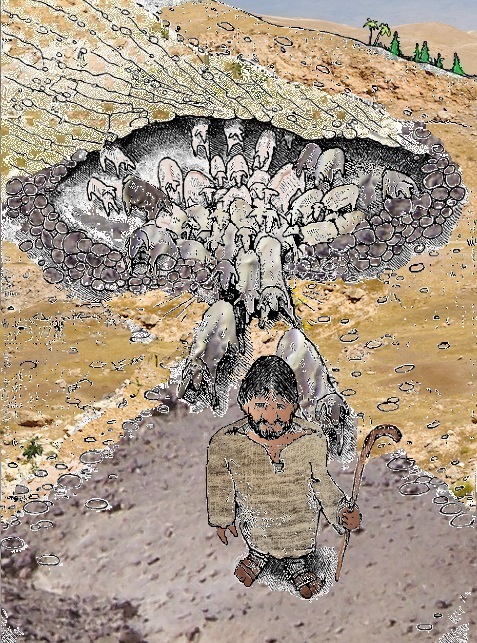
An investigation of the possible Hebrew background of one of Jesus’ most difficult sayings.
Yeshua’s Words about Yohanan the Immerser
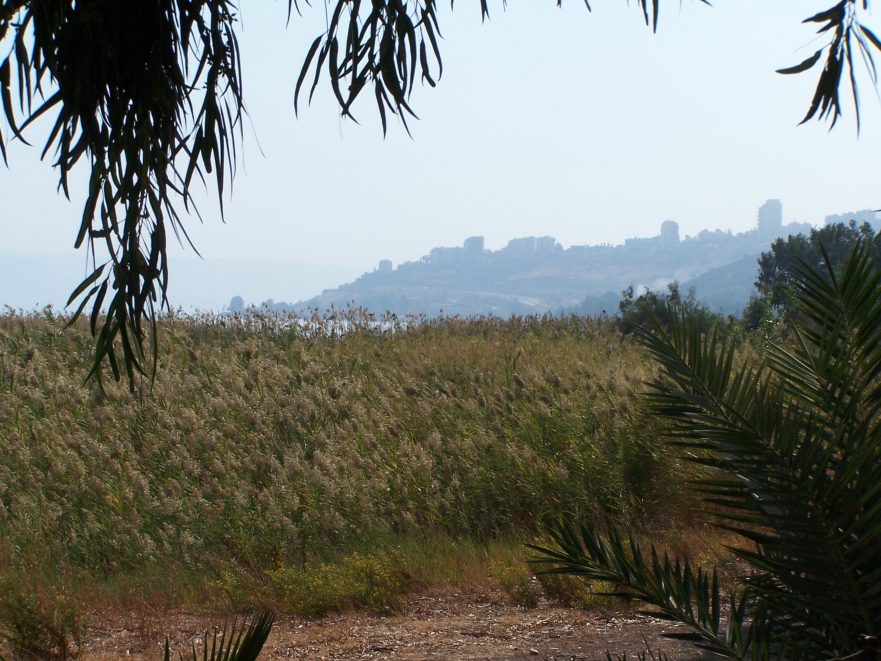
Did Jesus regard John the Baptist as a prophet? As more than a prophet? What did he mean that the least in the Kingdom of Heaven is greater than John the Baptist? Explore these questions in Yeshua’s Words about Yohanan the Immerser.
Cumulative Life of Yeshua Hebrew Reconstructions
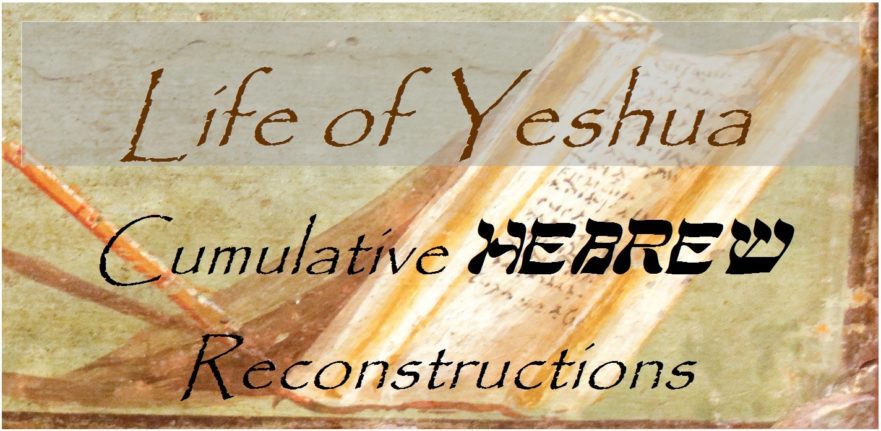
The reconstructed Hebrew text of the Life of Yeshua (thus far completed) with accompanying English translation.
Yohanan the Immerser’s Question
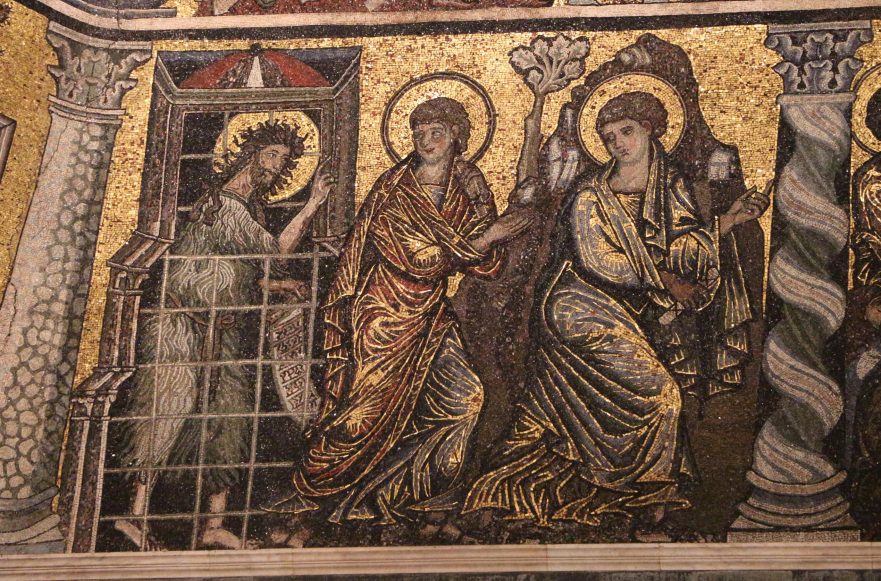
When John the Baptist asked Jesus, “Are you the Coming One?” did Jesus reply, “Yes, I am” or “No, I’m not”?
LOY Excursus: Criteria for Distinguishing Type 1 from Type 2 Double Tradition Pericopae

How to tell the difference between the two types of Lukan-Matthean Double Tradition pericopae, and what the distinction can tell us about Luke’s pre-synoptic sources.
Fathers Give Good Gifts Simile
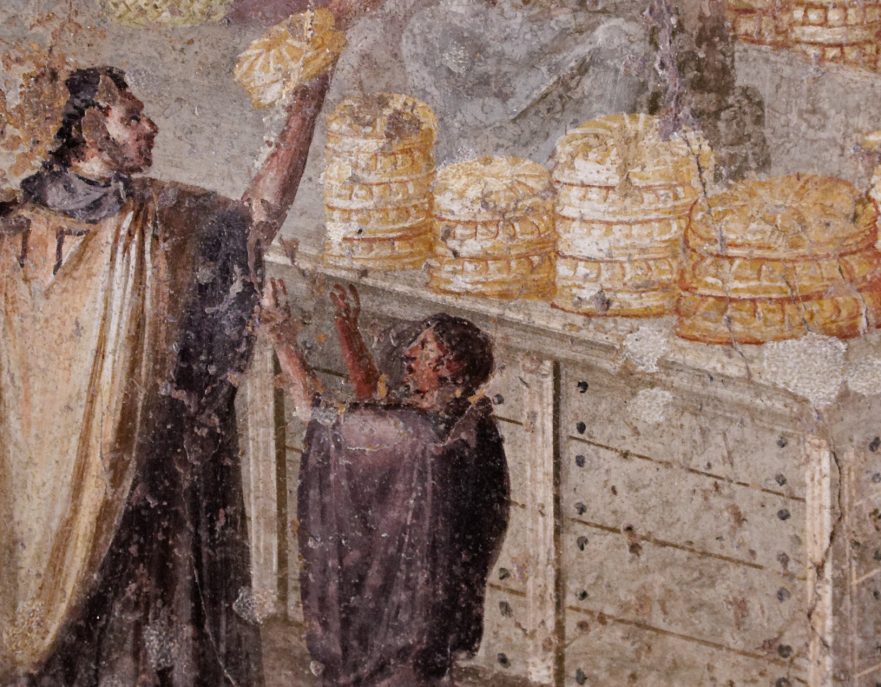
Would you give a hungry child a poisonous arachnid to eat? Probably not, because even sinful human beings are not totally depraved. Would God give you something dangerous and destructive when you ask him for help? Certainly not, because he is the source and foundation of all goodness. In the Fathers Give Good Gifts simile, Jesus concludes his reassuring arguments that God can be trusted to provide for his full-time disciples when they pray the Lord’s Prayer.
Friend In Need Simile

Is God asleep, oblivious to our prayers? Is he a grouch, unwilling to respond to our pleas? In the Friend in Need simile Jesus instructed his disciples that the grounds for confident prayer is the character of their good and trustworthy God.
Persistent Widow Parable
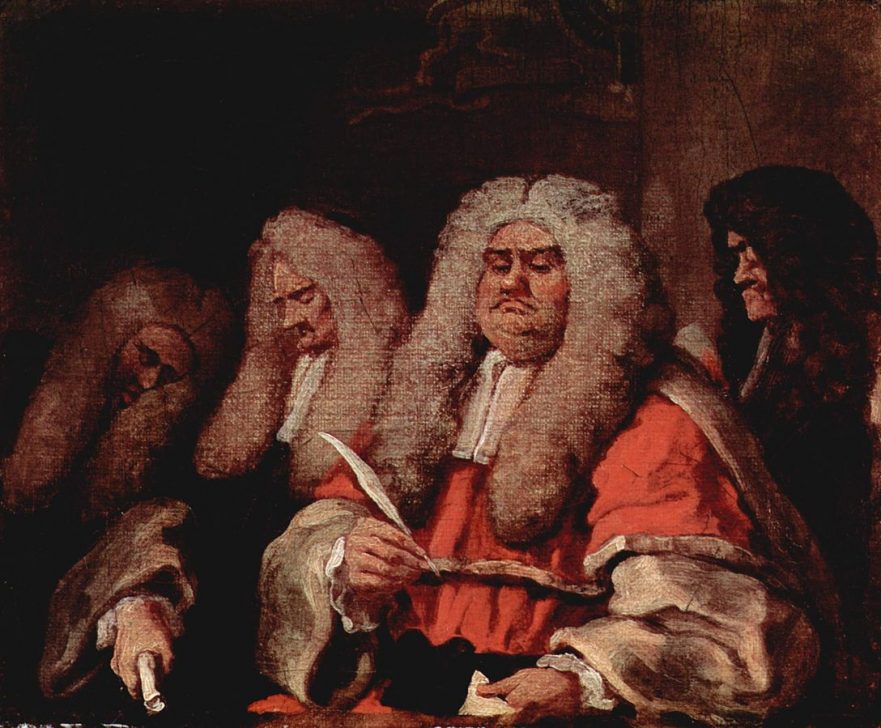
In what way is God similar to a crooked judge? Do believers have to pester God into action? Explore questions such as these in the LOY commentary on the Persistent Widow Parable.


